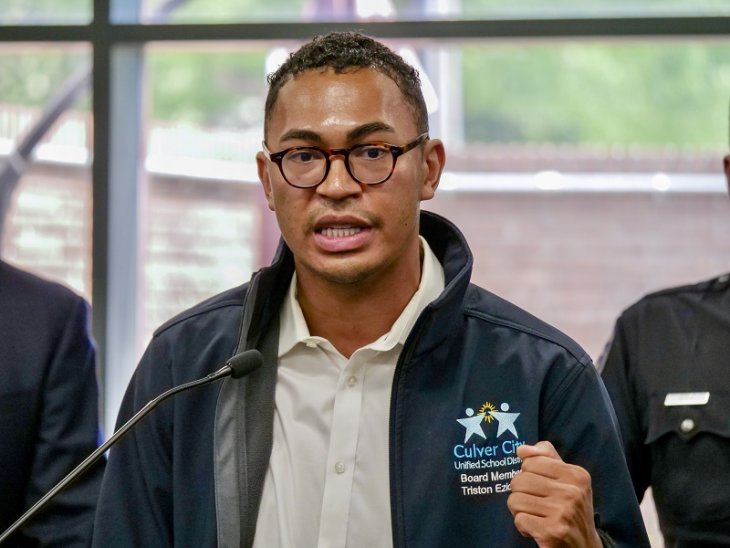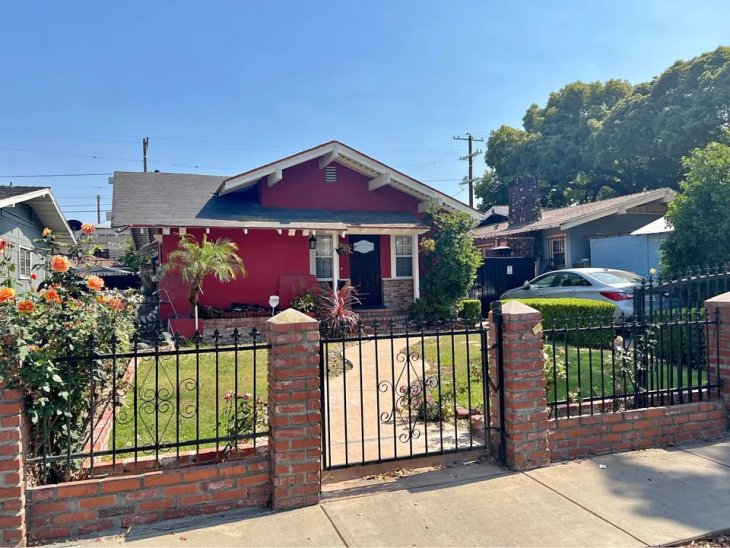 A judge said today he’s leaning toward requiring arbitration of a lawsuit by a former “America’s Next Top Model” contestant who alleges she was wrongfully denied the show’s grand prize because she had previously worked as an escort.
A judge said today he’s leaning toward requiring arbitration of a lawsuit by a former “America’s Next Top Model” contestant who alleges she was wrongfully denied the show’s grand prize because she had previously worked as an escort.
However, Los Angeles Superior Court Judge Steven Kleifield said he wants more information from plaintiff Angelea Preston’s attorney, Ronald Tym, about a case he cited in court today that Tym maintains is in his client’s favor.
He also asked Tym to brief him on the possible consequences of presenting only part of the case to an arbitrator.
Preston is seeking at least $3 million in her lawsuit filed Dec. 10 against “Top Model” creator/host Tyra Banks, alleging breach of contract and both intentional and negligent infliction of emotional distress. Also named as a defendant is The CW Television Network.
Banks’ attorney, John Lucas, filed a motion to force arbitration, saying Preston signed an agreement to handle any disputes in that fashion.
The suit states that as the show’s cycle 17 winner, Preston was entitled to the grand prize that included a $100,000 package with CoverGirl cosmetics and a fashion spread in Vogue Italia. However, she was disqualified because she had worked as an escort prior to taking part in cycle 17, according to her court papers.
Preston maintains she did not violate any of the show’s rules because her escort activities took place before her participation in the show.
The grand prize was awarded to another contestant, Lisa D’Amato, who originally took part in cycle 5.
Preston’s suit also alleges she and other cast participants were subjected to poor working conditions that included having to go 12 hours without a meal break.
Tym maintains that the Labor Code allegations within Preston’s lawsuit are separate from the arbitration agreement she signed. He also says she was not given a copy of the arbitration rules.
Lucas said he was unaware of the case Tym cited until today. He said he believes the Labor Code violations were alleged in Preston’s case as a means of trying to avoid arbitration.
“Everything the plaintiff is claiming arises from the (arbitration) agreement,” Lucas said.





















